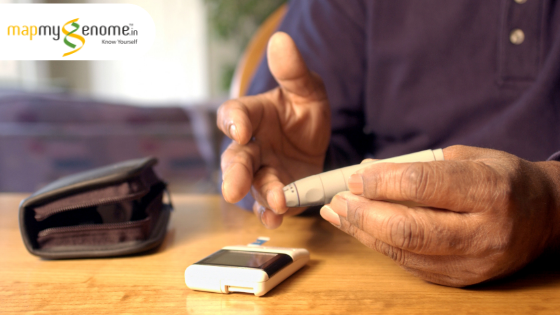BabyMap - Newborn screening
BabyMap NewBorn screening: Nurturing Healthy Foundations for Every Newborn's Future
Every year, around 27 million babies are born in India. IEMs comprise approximately 15% of total admissions in NICUs annually. Early detection and treatment are crucial, as without them, these conditions can lead to lifelong challenges like mental retardation, learning disabilities, autism, dyslexia, behavioral issues, and scholastic setbacks [1]BabyMap Newborn Screening helps you uncover potential genetic, metabolic, and congenital disorders shortly after your baby’s birth. With this early insight, you can take swift action to ensure your baby gets the best possible start in life, paving the way for a healthier and brighter future.
Scope of Newborn Screening
The scope of newborn screening is vast, encompassing a wide range of conditions. Some key categories are:
- Genetic Disorders: Newborn screening for genetic disorders focuses on identifying inherited conditions that may not be apparent at birth. Early detection allows for timely intervention and management, preventing long-term health complications. This includes conditions like phenylketonuria (PKU), cystic fibrosis (CF), sickle cell disease, and various hemoglobinopathies.
- Metabolic Disorders: Newborn screening for metabolic disorders is critical for detecting conditions that affect the body's ability to process specific molecules, such as amino acids and fatty acids. Early identification and dietary management are essential for conditions like organic acidemias, fatty acid oxidation disorders, and urea cycle disorders.
- Congenital Disorders: Congenital disorders often manifest at birth, and newborn screening helps identify conditions like congenital hypothyroidism, congenital adrenal hyperplasia, galactosemia, and critical congenital heart disease (CCHD). Early diagnosis ensures timely care and intervention to support normal development and well-being in affected infants
- Hemoglobinopathies: Hemoglobin disorders like sickle cell anemia and thalassemia are included in some screening programs. Early diagnosis and management are essential to prevent complications.
Conditions Covered
| Package | Conditions covered |
|---|---|
| NewBorn Screening Bio7 |
|
| NewBorn Screening Bio6 |
|
| Haemoglobinopathies |
|
| Tandem Mass Spectrometry | Amino Acids and Acylcarnitines (56) |
| Gas chromatography/Mass Spectrometry (GC/MS) | Urine Organic Acids (126) |
Clinical utility
- Clinical diagnosis of cytogenetic abnormalities
- Differentiation between de novo(new unexplained mutations) and familial history of disorders
- Diagnosis of genetic disorders based on ACMG guidelines
- To influence the management of the conditions/disorders in a better way including lifestyle interventions.
MapmyGenome offerings
- Powerful NGS panel on globally recognised Illumina Platform
- Extensive coverage ~4000 genetic markers, with 150-180X coverage
- Detailed analysis for all known autosomal recessive conditions, including international recommendations from ACOG, ACMG
- High-density screening for ~171 genetic condition
- Genetic counselling (pre- and post-test) with personalized recommendation for families (includes pedigree analysis).
Reference:
- Jalan, Anil B., and Ketki V. Kudalkar. "Newborn screening: Need of the hour." Karnataka Paediatric Journal 36.1 (2021): 35-41.
FAQs
When is newborn screening done?
Newborn screening is usually conducted within the first few days of life, ideally between 24 and 48 hours after birth. It is important to complete the screening as early as possible to ensure timely detection and intervention if a condition is present.
What happens if a newborn screening result is positive?
Write Your Own Review

